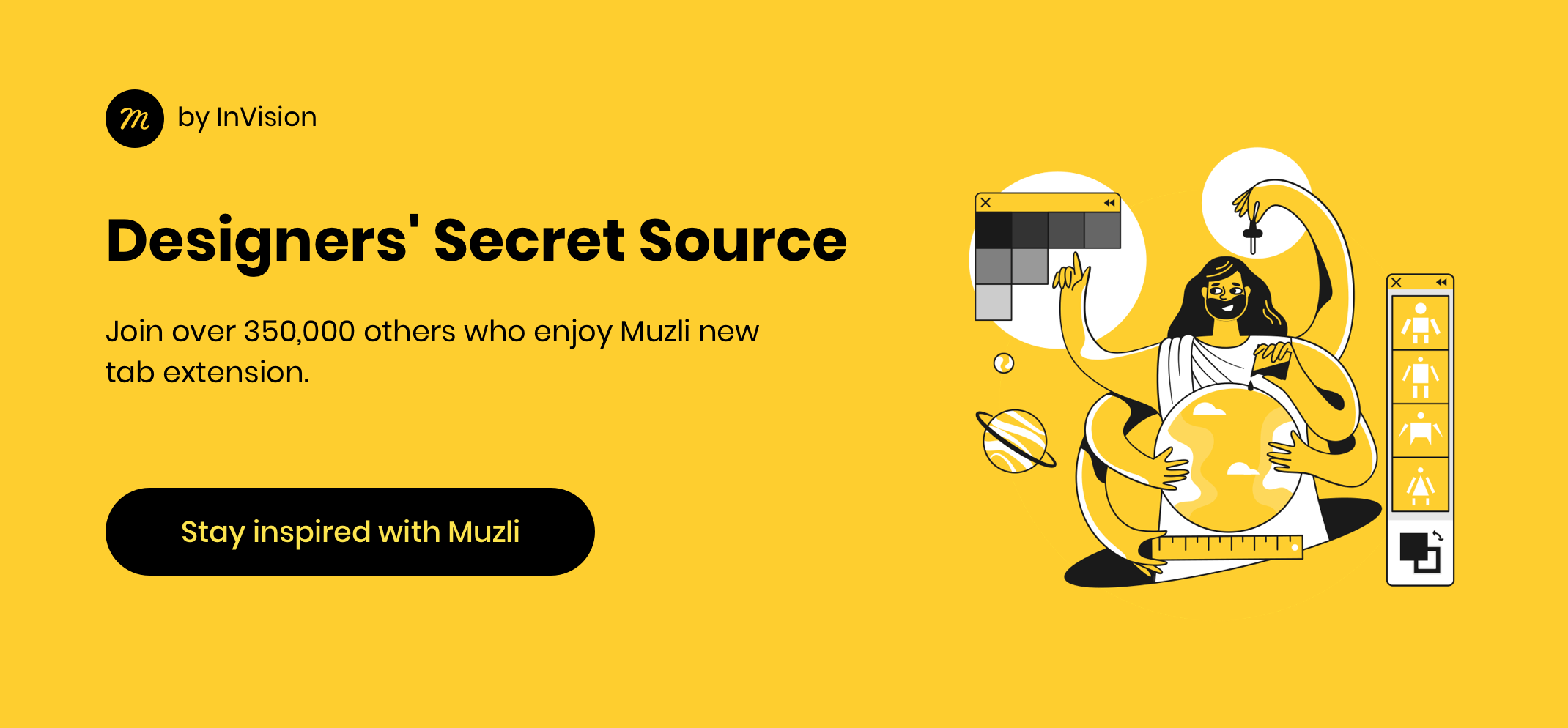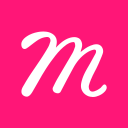
Augmented reality is often presented as something futuristic, but it exists around us for a long time.
Augmented reality is a result of combining our world with computing via images, text or videos that are added as an overlay to what we see around us. It is an additional slice that has elements visible only with device usage.
UX Designers vs Augmented Reality
UX Designers use many tools that come with technology development. VR was the latest trend in recent years but augmented reality gives new areas for users to interact with. Creative professionals are bound to stay agile to this ever-evolving augmented reality.
User experience will vary depending on how the technology progresses over time. Users will be demanding a lot from app design especially with 360 degrees control and bringing in more depth to augmented objects.
Best Methods and Examples of Usage
A lot of companies presented great examples already. In the past decade, MIT Media Lab`s Fluid Interfaces Group presented SixthSense. This is a device that combines a camera, projector, smartphone, and mirror. Users have a possibility to manage images via their own fingers.
Google Glass was presented in 2013. They look like simple glass, but with image, text, video overlay that can be controlled by voice commands.
The most popular Pokemon Go game has “blown” the world with a new gaming way. People do not sit in the same place anymore. They go to the real world in order to catch pokemons and get rewards.
How to Design Augmented Reality Correctly
Designers think about scenarios first of all. It will allow people to understand how to interact with apps. The next step is how to improve this interaction with elements, that might be transferred into the real world.
F.e., a woman wants to buy a dress in the shop, so an app with augmented reality can provide a feature of dress preview on women via a mirror or similar scenario. Let`s review all these steps more detailed:
Step 1: Learn user and his behavior
This is a starting point of any product, especially apps with AR. Designers sort users by age, their expectations, and other methods. Very deep analysis is required at the current stage. Researchers play a crucial role at this moment. Based on the results from research, designers might predict a set of features that are required for the product.
Step 2: Concept
At this stage, designers think which users’ problems can decide a new product. The information about it can be taken from surveys with the target audience, social media or any other way suitable for this problem.
Also, designers understand that the audience can`t create an idea of visual style, but the target audience can help a lot of this direction with their psychology color feelings or expectations.
Step 3: Information Architecture and Functionality
A major step of building the app is this one. Creatives work on-screen connection and interactions in order to create a structure with all required features, that were discovered within the last stage.
Also, the UI stage is a part of this process too. With the help of industry, research and psychology knowledge, designers create style guides and branding to make the app look user-friendly and satisfy users with a visual side.
Step 4: Prototype
The last stage includes the creation of a clickable prototype as a final result before the development stage. It also might be tested on the target audience before the programming part and be improved after.
Best Apps with Augmented Reality in 2020
Pokémon Go: the world’s first augmented reality app. It is the most popular game that was released on July 16, 2016. This app uses a camera as a way to add augmented reality to the app. The main goal of the game is to find and collect characters from the surrounding world of the user.
This was the first game that made people play and use physical activity at the same time. Afterward, the GPS, Accelerometer and the Compass about which direction the phone is pointing towards. Eventually, users engage in a mission to find the right place and the right pokemon.
Wikitude is a universal AR application that combines object recognition and tracking, simultaneous localization and display (SLAM), primary image recognition and augmented reality of geolocation.
Houzz, the home decor company that combines professional renovation services, design ideas, and furniture shopping into one app includes 3D imaging features of augmented reality.
This is a very unique feature. It allows users to place furniture just inside their own place, preview materials on the floor and more! More than 300k+ items can be previewed in the real mode.
This feature increased sales and user engagement. Buyers are more confident with their choices with this augmented reality feature. Also, it is a huge step from the previous 2d feature that was similar before.
In 2017 IKEA introduced its Place augmented reality app that allowed customers to try out various pieces from Ikea’s seasonal collections in their home, without having to actually set foot inside the store.
It also has a placement option that allows users to test several of Ikea’s offerings at the same time in augmented reality, as well as the room sets option which is essentially the same thing but with collections that Ikea has pre-assembled for users.
It’s an improvement that promises to make the Ikea experience marginally better and show new interaction for its users.
Buying makeup is typically a leap of faith — users might get to try on samples at the makeup counter, but fluorescent lighting plays tricks on the eyes and doesn’t account for typical selfie lighting conditions.
But YouCam does, allowing shoppers to test makeup from tons of major brands with AR technology. It includes real-time makeovers, face detection, beauty advisor, and more features.
From now, buyers can preview the results on their own faces. This AR improves buyer capability and makes them confident in the result.
Summary and Conclusion
Technology is supposed to make users’ lives dynamic and way more advanced. To sort out our real-time problems, to save hard-earned money and to make the best decisions about the facts of people’s life, AR-driven technologies are the next big thing. And the front door of such technology is the AR for designers.

Muzli – Design Inspiration
All the design inspiration you need. It’s like crack for designers. And good for you too! #design #ux #ui #inspiration #creativity #art #startup
SOURCE: https://medium.muz.li/augmented-reality-in-top-5-apps-2020-a3b1e8a0a38
WRITTEN BY
Senior UX/UI designer at Toptal. My Portfolio: https://bit.ly/2w4tbvr Join Toptal today: https://bit.ly/2HhnP2g
All the design inspiration you need. It’s like crack for designers. And good for you too! #design #ux #ui #inspiration #creativity #art #startup

